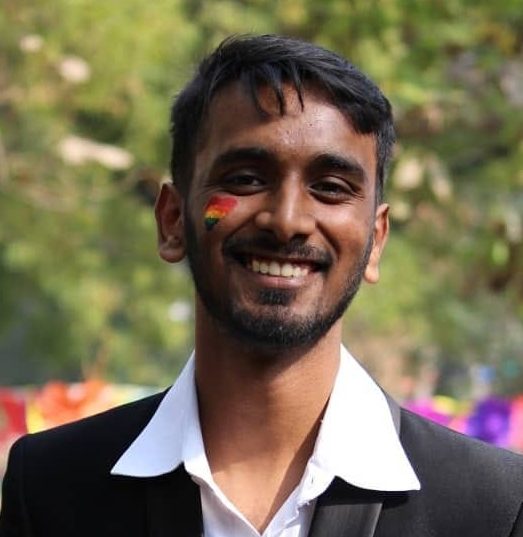On 14th December, the Supreme Court asked the Union to respond to a plea by an Indian and U.S. citizen seeking constitutional recognition of their marriage (registered in the U.S. in 2014) under the Hindu and Foreign Marriage Acts. At the moment, there multiple such petitions at the Court pertaining to same-sex and queer-trans marriage.
Back in October, the Attorney General of India argued in Court that marriage was restricted to a relationship between biological men and women. The Supreme Court however recognized that queer relationships as a form of family entitled to protection of the law. Despite this, the Attorney General’s stand on marriage equality was echoed by Rajya Sabha MP Sushil Modi, who said that same-sex marriage rights in India will wreak complete havoc.
Many have considered the current push for recognition of same-sex marriage as progressive as gay couples would enjoy the same rights as a heterosexual couple in matters like inheritance, health emergencies, protection from familial violence, and more. From a queer-trans perspective, however, the focus on same-sex marriage in legal discourse must be viewed with caution and concern.
First, marriage equality propagates the idea that marriage equality must be the exclusive core of a progressive social movement. As the trans rights activist Dr. Aqsa Shaikh has argued, social welfare provisions (health, education, employment etc.) for the trans community are as critical as same-sex marriage rights. Second, it implicitly pushes the idea that acceptance into society can only be achieved by adopting and fitting into society’s various social norms like marriage. Third, it closes the possibility of other forms of kinship to flourish which are not centered around the traditional idea of marriage.
Many radical queer activists are against the notion of conservation of property, continuation of bloodline and placing the nuclear and conjugal family on a pedestal. All of these socio-economic norms are strengthened with the demand for same-sex marriage.
This is particularly relevant to caste endogamy. There is a fear that same-sex marriage might lead to the furtherance of Savarna gays and lesbians to marry each other and would not really undermine caste hierarchies. Dr B.R. Ambedkar would not have been impressed, as he wished marriage to be a tool for undermining and dissolving all forms of social and economic hierarchies particularly caste.
The legal benefits of marriage (succession, maintenance, adoption, health, tax benefits etc.) are limited to spouse and blood relatives, based on a traditional understanding of family. While same-sex marriage rights will extend these rights to same-sex couples, queer politics aims to extend these benefits to diverse forms of kinship that are radically removed from the traditional family systems. A queer-trans critique of marriage equality pushes us to reimagine how law and society must redefine loving, caring, and living.

